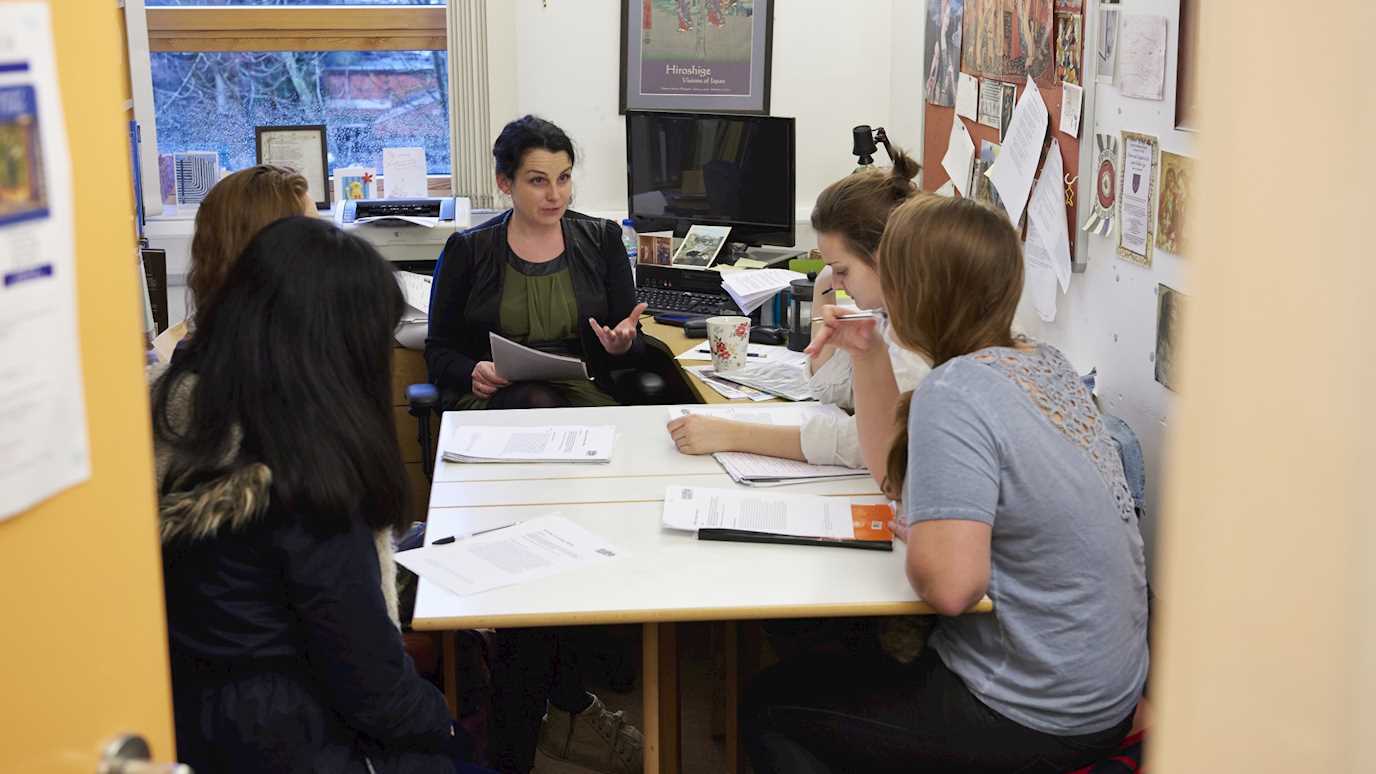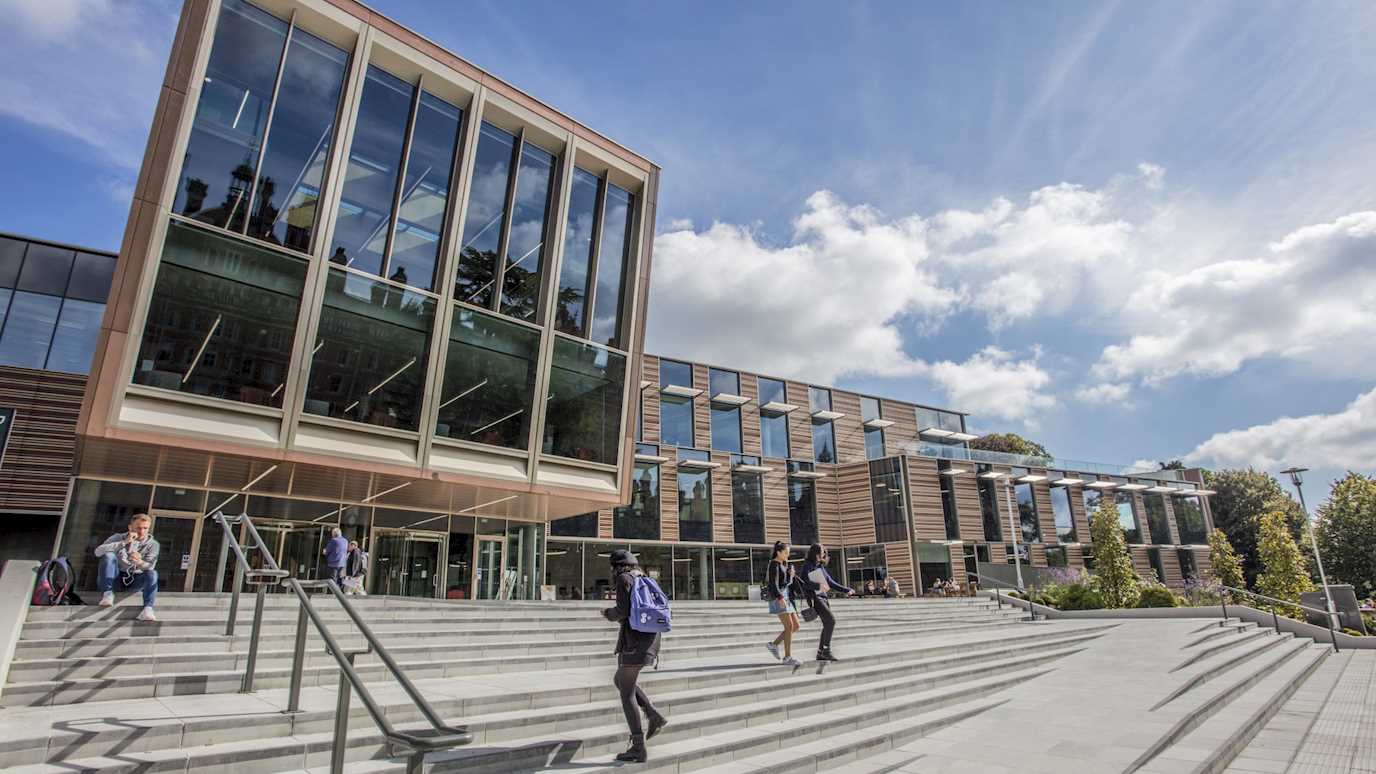The Department of English supports a significant body of postgraduate students developing Practice-based PhDs, in which a component part of the research involves producing a body of creative work.
We have students developing novels, poetry collections, plays and creative work involving experimental poetic practices across disciplines and through a wide range of media. This creative component is coupled with the submission of a written critical component.
The relationship between the creative and critical work varies depending on the specific project, but can involve writing a critical reflection on the creative work and process of generating it; critically engaging with the work of related writers or artists; forwarding practical and/or theoretical lines of inquiry initiated by the creative practice, and so forth.
The department welcomes applications for Practice-based PhDs from persons interested in pursuing this mode of research.
Applying for a practice-based PhD
We welcome applications from students who have or are about to obtain an MA or MFA in a related discipline. We also expect students to have achieved at least a 2:1 or equivalent in their first degree.
We accept applications from non-standard applicants who can demonstrate experience and aptitude, including persons from diverse disciplinary backgrounds and creative practitioners who may not have had a traditional academic career.
Overseas applicants should have a degree of equivalent standard and must possess an excellent level of competence in spoken and written English. (Required IELTS scores are 7 overall with 7 in writing, and no remaining subscore to be below 5.5 if the applicant requires a student visa.)
Students are initially registered for an MPhil degree and transfer to PhD on satisfactory completion of the upgrade process. Full-time PhD students are expected to complete their degree in three years (with a fourth and final year for writing up).
Contacting supervisors
We recommend that you consult the Creative Writing and Practice-based Research page and look through the research profiles of our academic staff involved in supervision. It is worth determining whether your research interests resonate with any of the specific areas of interests outlined and, if so, to emphasise this in your application.
You may consider sending a preliminary research proposal to a potential supervisor ahead of completing your formal application. In addition to this preliminary proposal, you may also choose to send your writing sample. Sending out material in this manner will offer you a sense of whether your proposed area of research matches the specific expertise and interests of any potential supervisor(s) with whom you might like to work. Alternatively, should you decide to go straight into the formal application procedure, your proposal will be circulated to all potential supervisors for consideration.
Writing a research proposal
Although there is no set model for how to put together your research proposal, the following is a basic outline of what you might include:
- Synopsis of both creative and critical components;
- Research questions and contribution to knowledge;
- Background to research, including key literature;
- How the proposal relates to this context;
- Methods and approaches used (for both creative and critical components);
- Draft timetable;
- Indicative bibliography
Funding opportunities/TECHNE
Those intending to study for a PhD in the Department of English are able to apply for Arts and Humanities Research Council (AHRC) studentships and for College Studentships. Please visit our TECHNE Applications and Funding page for more information on how to apply. College studentships are offered to unsuccessful TECHNE applicants before other applicants are considered. Funding for non-EU overseas students is limited to a very small number of fee waivers allocated by the Faculty.
Further information
Please direct any further enquiries about Postgraduate Research in the Department of English to Professor Deana Rankin (English Postgraduate Research Lead).























